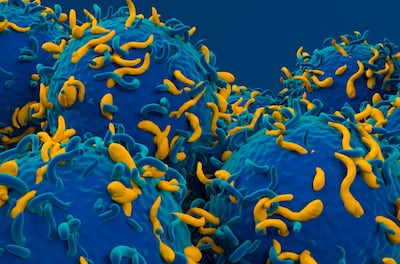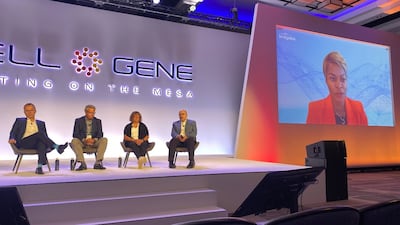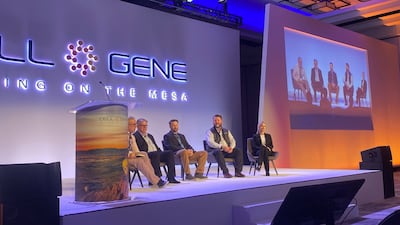Regenerative Medicine
While some big pharma companies have exited cell and gene therapy, Novartis, Astellas, Gilead’s Kite and AstraZeneca’s Alexion are diving back in, executives said at ARM’s Cell and Gene Meeting on the Mesa.
While there may be the beginnings of a turnaround in biopharma capital markets, gains in the cell and gene therapy space may lag the broader sector recovery, noted speakers at ARM’s Cell and Gene Meeting on the Mesa.
It remains to be seen whether the Trump administration’s most favored nation drug pricing policy will trickle down from big pharma to small biotech, but executives said at ARM’s Cell and Gene Meeting on the Mesa that they are preparing strategies now to manage the future.
Speakers at ARM’s Cell and Gene Meeting on the Mesa highlighted challenges of CAR-T’s evolution from niche to mainstream therapy given health care providers’ limited capacity to deliver the complex care associated with the products.
Stock prices plummeted, particularly for vaccine makers and cell and gene therapy developers, after the US FDA’s top biologics overseer resigned over vaccine misinformation concerns.
Aurion Biotech is developing a cell therapy for corneal diseases that is cheap enough to produce and can be scaled that it should reach the masses in a way that other cell therapies cannot.
Nonprofits are finding new ways to address market gaps and develop treatments for rare diseases with little commercial attraction.
The Centre for Commercialization of Regenerative Medicine has spent over a decade crafting a cell and gene therapy ecosystem in Canada. Now it is replicating the model abroad.
Artiva Biotherapeutics is hoping its NK cell therapy approach, which uses un-engineered cells, will prove effective in both oncologic and autoimmune indications and safe enough to be given in the community setting.
Circular RNA has several advantages, but the field is young. Scandinavian startup Circio Holdings believes its version of the technology will prove the most robust.
Meeting the regulatory gold standard for drug candidates in ultra-rare diseases can be impractical, a regulatory expert says, but greater collaboration and shared insights from regulatory reviews could help find a viable path forward.
Decentralized manufacturing methods for cell and gene therapies will be critical for improving patient access to treatments, but sponsors must prepare to demonstrate “comparability” with centralized manufacturing.











